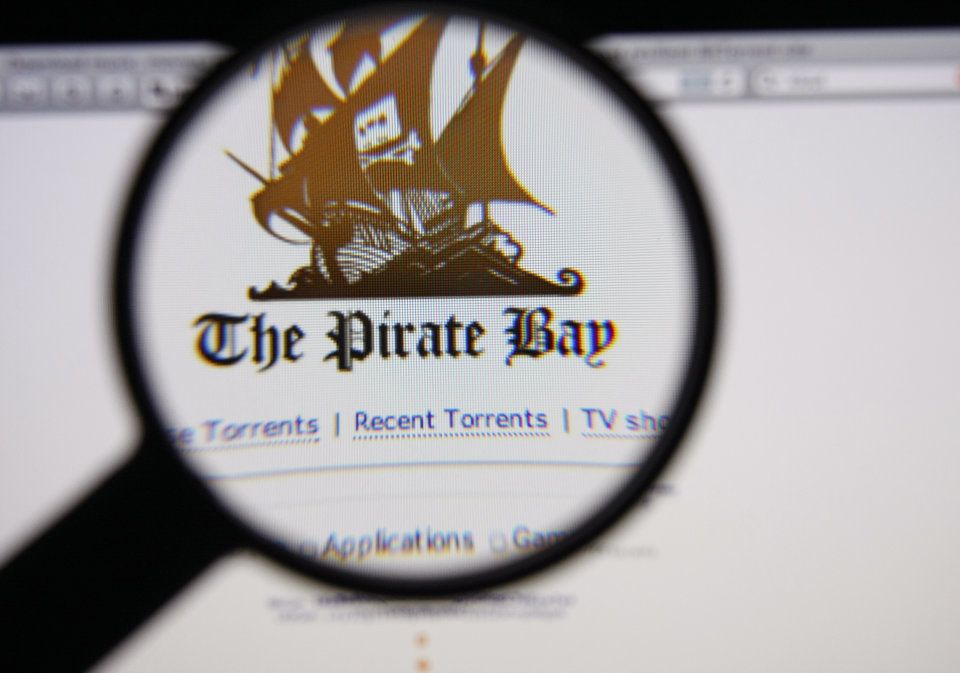A recent study conducted by the University of Georgia showcases a different standpoint from prior assertions of movie studio losses as a result of digital piracy.
In their study, released in Management Science, researchers suggest that piracy could very well increase ticket sales, under certain circumstances though.
“We estimate the impact of piracy on WOM and ultimately revenue by applying a panel data method to all movies widely released in the United States from 2015 to 2017,” Shijie Lu and colleagues, stated in their report.
“In identifying the effects of piracy we make inventive use of Russian piracy data to construct instrument variables for piracy in the United States. This is possible because the key piracy site, The Pirate Bay, has been blocked in Russia since 2015.”
For nearly a decade, the Swedish-based digital piracy site has been renowned in many countries. But researchers began studying the site just a few years ago, noticing its impact on word-of-mouth spread and revenue of movie releases.
What researchers validated was that movie releases only received a boost in word-of-mouth advertising when the title was pirated and distributed after its theatrical release.
“We don’t want to give the impression that piracy is a good thing, but there is something to the argument that piracy can increase markets,” said Neil Bendle, co-author of the study. “We wanted to find out when that might be the case.”
The study, titled Does Piracy Create Online Word of Mouth? An Empirical Analysis in the Movie Industry, was also authored by Xin Wang.


